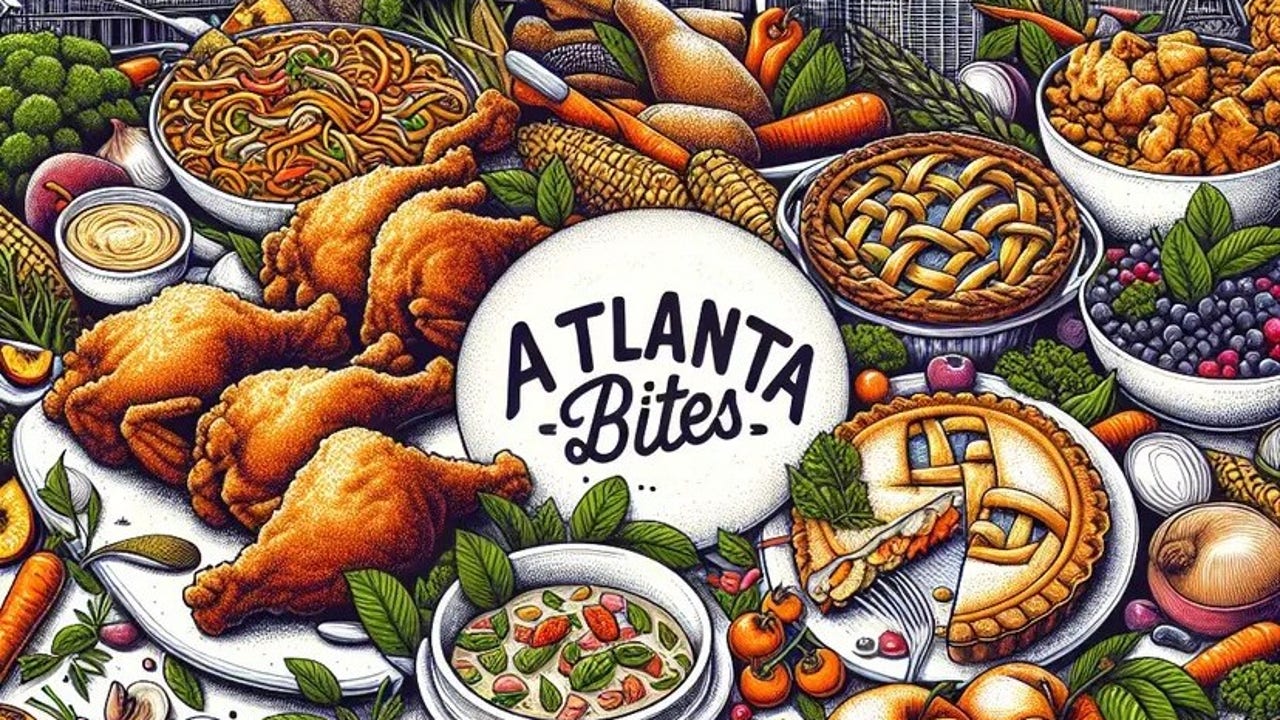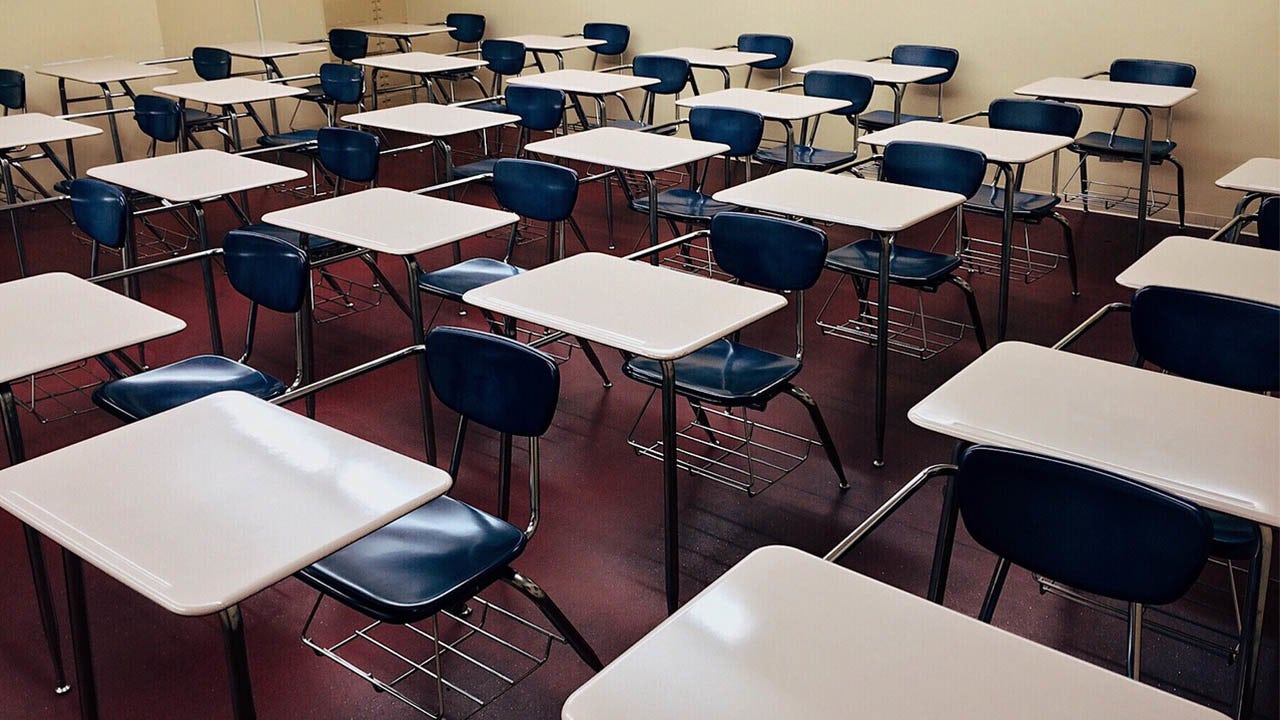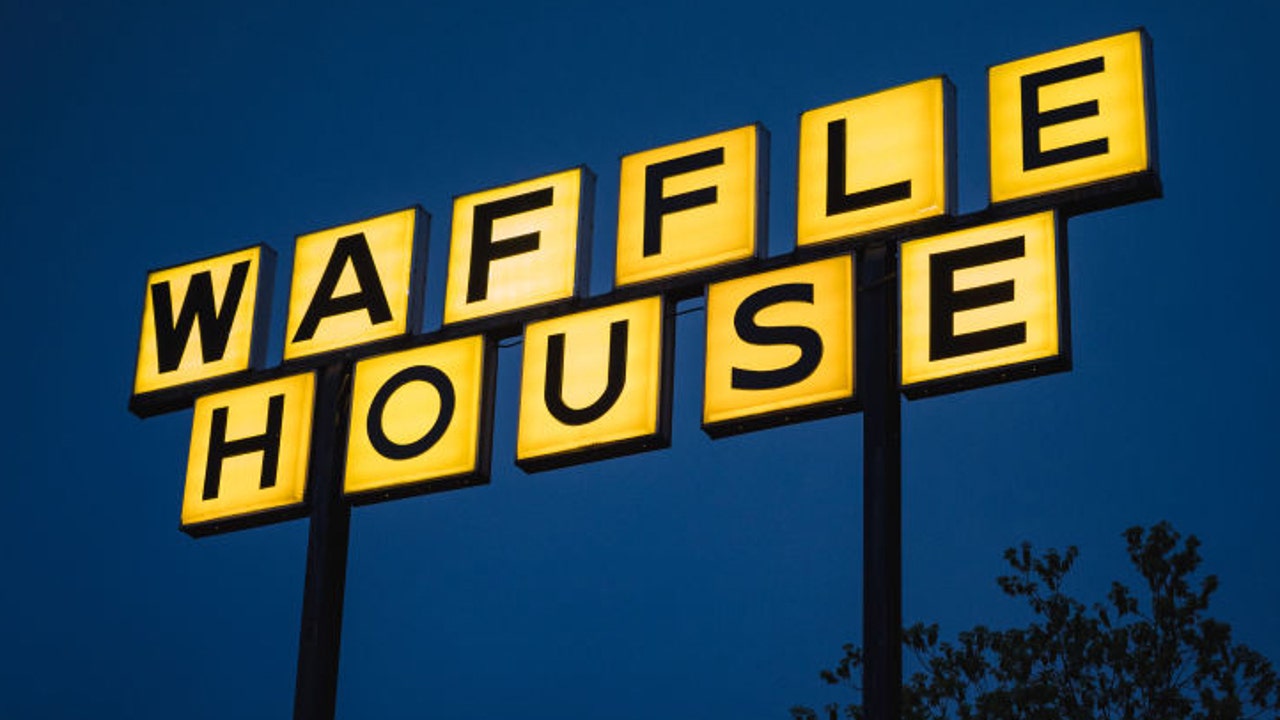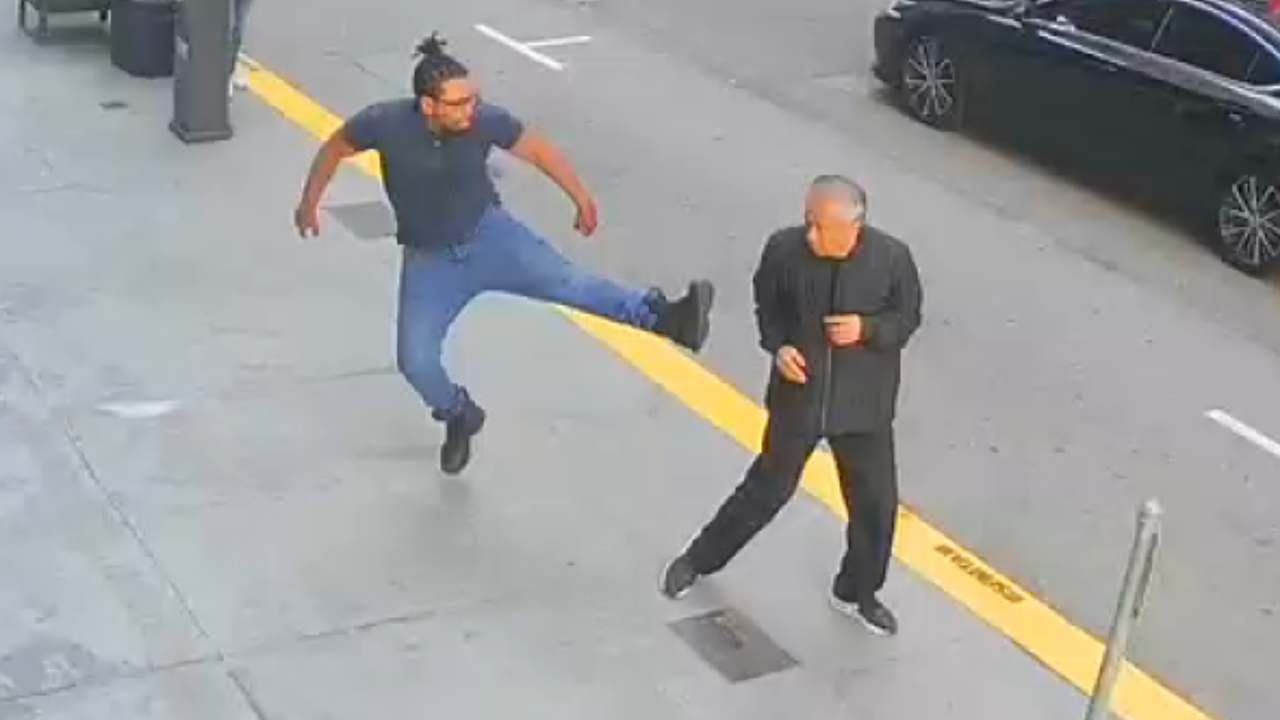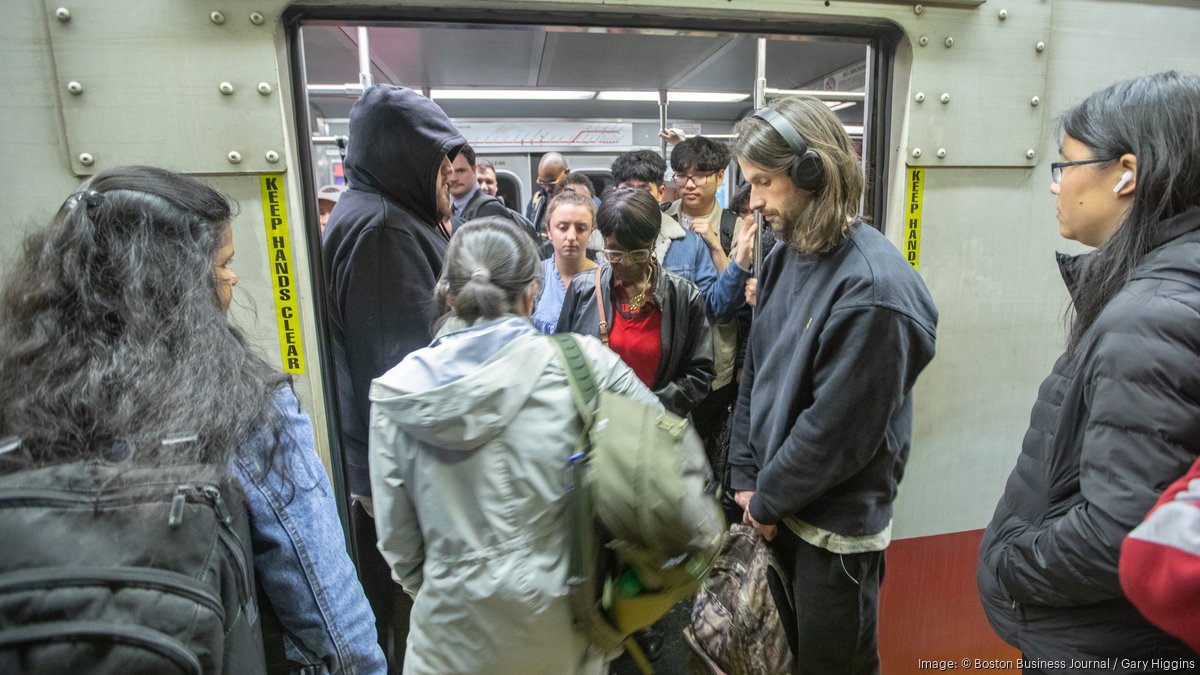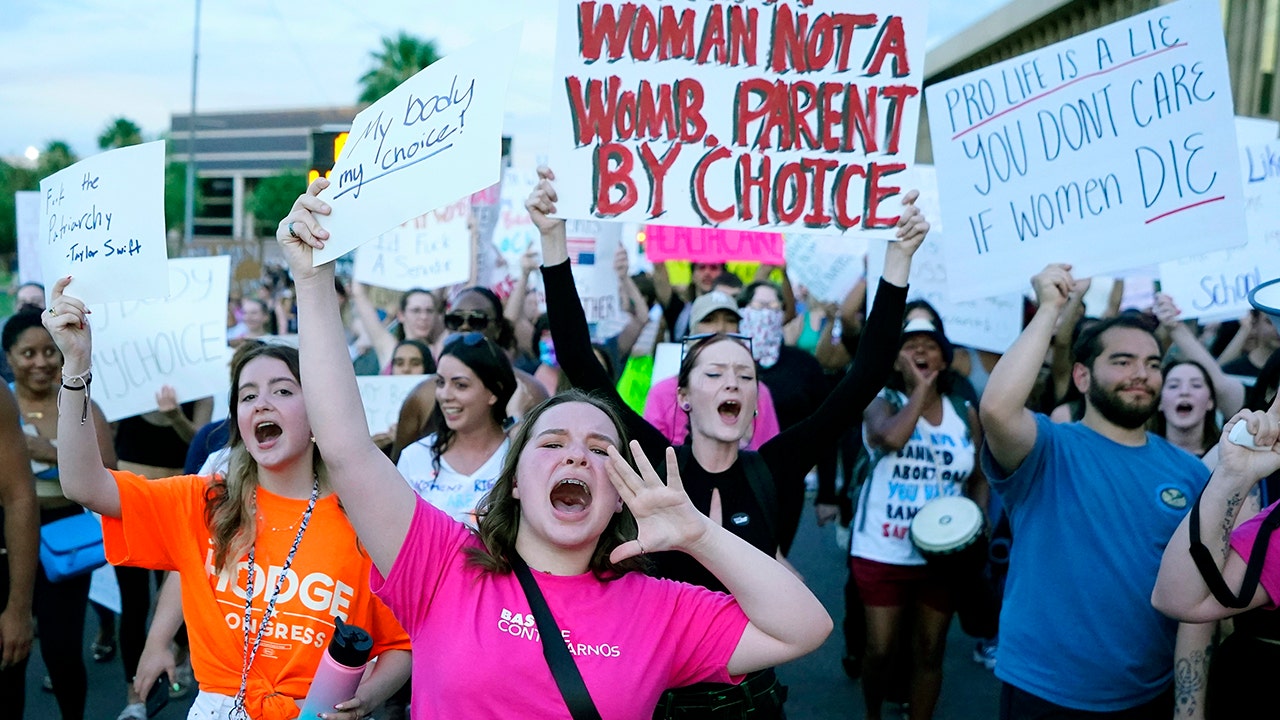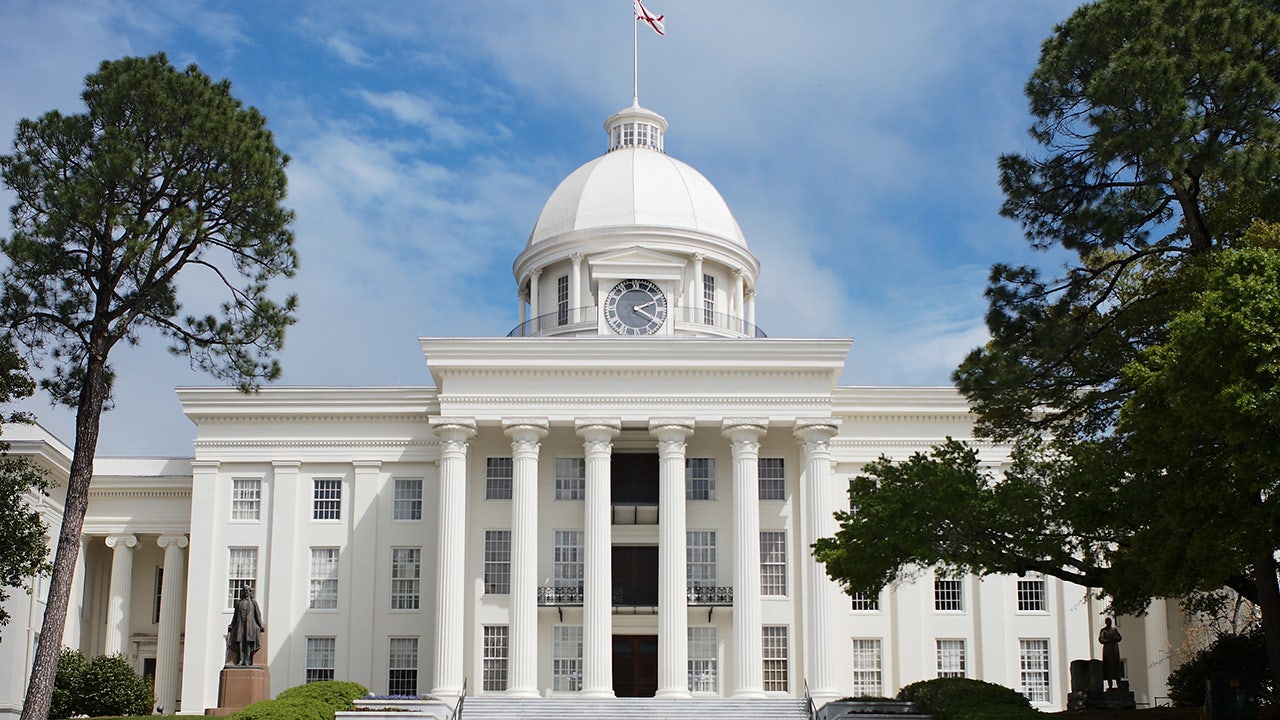Reporting by Marc Frank;
Editing by Sandra Maler
World
Cuban ministers reveal details of food, fuel shortages amid economic crisis
/cloudfront-us-east-2.images.arcpublishing.com/reuters/HZU3F4U4DZNTTDMISGKX4G53OA.jpg)
[1/3]People check vegetables for sale on a cart in downtown Havana, Cuba, August 14, 2023. REUTERS/Alexandre Meneghini/File Photo Acquire Licensing Rights
Nov 22 (Reuters) – Senior Cuban officials have over several weeks provided an increasingly dire snapshot of a deepening economic crisis in a series of televised prime-time appearances, revealing the extent of the downturn in unprecedented detail.
Minister after minister have delivered the bad news as the import-dependent Communist-run country weathers a fourth year of crisis, scraping by with a minimum of foreign exchange as output plummets.
Food production, the supply of phamaceuticals and transportation are down by at least 50% since 2018, the top officials said, and continued to decline this year in large part due to chronic fuel shortages and power outages.
Cuba imports most of the food and fuel it consumes, but revenues have plunged following the pandemic, hampered by stiff U.S. sanctions and floundering tourism, once a mainstay of the Caribbean island economy.
“The ministers provided new information revealing just how serious the crisis is and that growth this year is very doubtful,” Cuban economist Omar Everleny said.
Production of pork, rice and beans – all staples on the Cuban dinner plate – are down by more than 80% this year over pre-crisis levels and eggs 50%, Agriculture Minister Ydael Jesus Perez said.
“It has only been possible to acquire 40% of the fuel, 4% of the fertilizer and 20% of the animal feed required,” the minister explained.
Hospitals, short on basic supplies such as sutures, cotton and gauze, have done 30% fewer surgical procedures compared with 2019, according to data shared on state-run TV during a presentation by First Deputy Health Minister Tania Margarita Cruz. Nearly 68% of basic pharmaceuticals are not available or in short supply.
Public transportation, vital in a country where few have vehicles, has also been hobbled by fuel shortages and difficulties in obtaining spare parts.
If before the collapse of former benefactor the Soviet Union “there were 2,500 buses operating in Havana … today there are just 300 compared with 600 four years ago,” Transportation Minister Eduardo Rodríguez Davila said.
The ministers revealed domestic freight traffic continues to decline and is half of what it was in 2019. Industry is operating at 35% of capacity.
Cuba’s government has acknowledged its state-run economy needs reform.
Local authorities, increasingly under pressure as the problems and tension ratchet up, have launched programs to contain hunger, build homes and improve the flow of transportation, but remain hamstrung by a lack of funds, they have said.
Our Standards: The Thomson Reuters Trust Principles.

World
Reuters withdraws its story that stated UK's Cameron said UK not against its weapons being used inside Russia – Euromaidan Press

On 2 May in Kyiv, British Foreign Secretary David Cameron pledged £3 billion ($3.75 billion) in annual military assistance for Ukraine for “as long as is necessary,” saying the UK has no objections to the weapons it provided being used within Russia, according to Reuters. Update: the story is withdrawn.
In an interview with Reuters in Kyiv, Cameron noted that some of the British equipment “is actually arriving in Ukraine today, while I’m here,” also noting:
“We will give three billion pounds every year for as long as is necessary. We’ve just really emptied all we can in terms of giving equipment,” the British Foreign Secretary said.
World
Mexican cops find tents, question people in the case of 2 Australians, 1 American missing in Baja
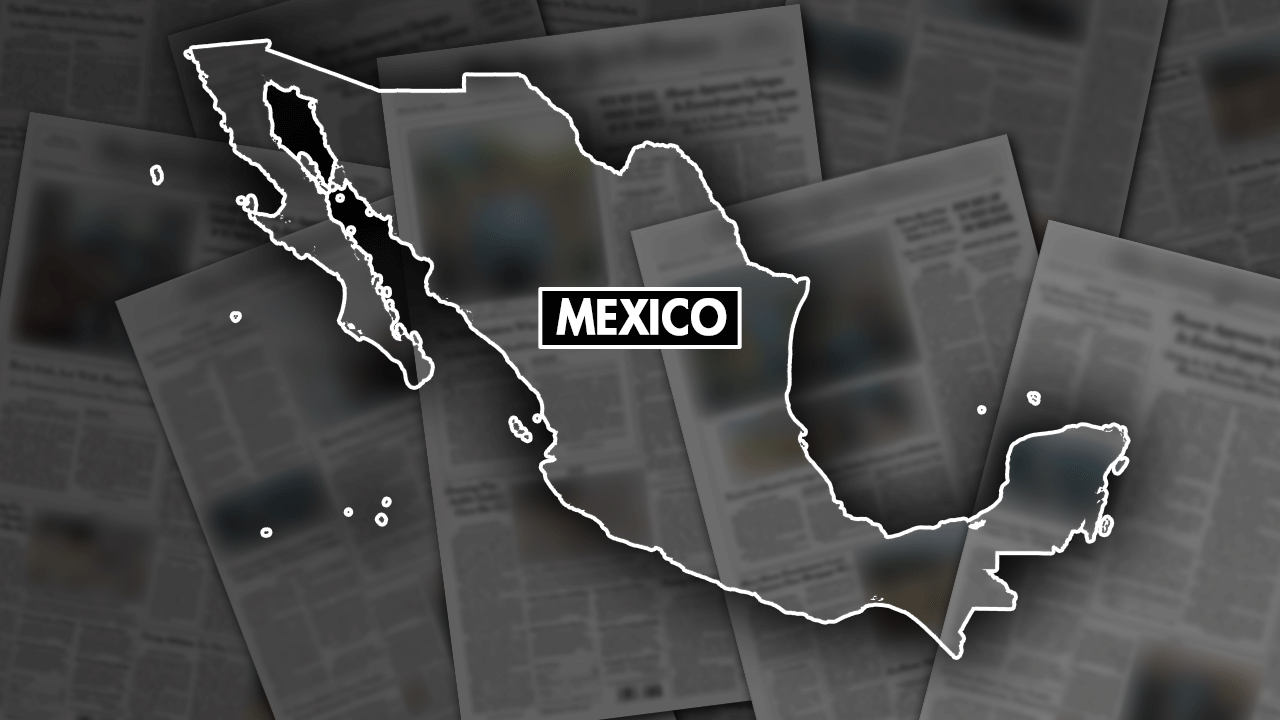
Mexican authorities said Thursday they have found tents and questioned three people in the case of two Australians and an American who went missing over the weekend in the Pacific coast state of Baja California.
María Elena Andrade Ramírez, the state’s chief prosecutor, would not say whether the three people questioned were considered possible suspects or witnesses in the case. She said only that some were tied directly to the case, and others indirectly.
2 AMERICANS FOUND DEAD IN HOTEL ROOM IN MEXICO’S BAJA CALIFORNIA
But Andrade Ramírez said evidence found along with the abandoned tents was somehow linked to the three. The three foreigners were believed to have been surfing and camping along the Baja coast near the coastal city of Ensenada, but did not show up at their planned accommodations over the weekend.
“A working team (of investigators) is at the site where they were last seen, where tents and other evidence was found that could be linked to these three people we have under investigation,” Andrade Ramírez said. “There is a lot of important information that we can’t make public.”
Mexican authorities have found tents and questioned three people in the case of two Australians and an American who went missing over the weekend in the Pacific coast state of Baja California. (Fox News)
“We do not know what condition they are in,” she added. While drug cartels are active in the area, she said “all lines of investigation are open at this time. We cannot rule anything out until we find them.”
On Wednesday, the missing Australians’ mother, Debra Robinson, posted on a local community Facebook page an appeal for help in finding her sons, Jake and Callum. Robinson said her son had not been heard from since Saturday April 27. They had booked accommodations in the nearby city of Rosarito, Baja California.
Robinson said one of her sons, Callum, is diabetic. She also mentioned that the American who was with them was named Jack Carter Rhoad, but the U.S. Embassy in Mexico City did not immediately confirm that. The U.S. State Department said it was aware of reports of a U.S. citizen missing in Baja, but gave no further details.
Andrade Ramírez said her office was in contact with Australian and U.S. officials. But she suggested that the time that had passed might make it harder to find them.
“Unfortunately, it wasn’t until the last few days that they were reported missing. So, that meant that important hours or time was lost,” she said.
In 2015, two Australian surfers, Adam Coleman and Dean Lucas, were killed in western Sinaloa state, across the Gulf of California — also known as the Sea of Cortez— from the Baja peninsula. Authorities say they were victims of highway bandits. Three suspects were arrested in that case.
World
European elections: What do voters want? What have candidates pledged?

Watch episode one of Euronews’ guide on the European elections, taking place from June 6 to 9.
Ahead of European elections in June, Euronews asked voters to name one proposal they would do if elected to the European Parliament and questioned candidates on their pledges.
Watch the video above to find out more.
-

 News1 week ago
News1 week agoLarry Webb’s deathbed confession solves 2000 cold case murder of Susan and Natasha Carter, 10, whose remains were found hours after he died
-

 World1 week ago
World1 week agoHaiti Prime Minister Ariel Henry resigns, transitional council takes power
-

 News1 week ago
News1 week agoFirst cargo ship passes through new channel since Baltimore bridge collapse
-

 World1 week ago
World1 week agoUS secretly sent long-range ATACMS weapons to Ukraine
-

 World1 week ago
World1 week agoSpanish PM Pedro Sanchez suspends public duties to 'reflect'
-

 News1 week ago
News1 week agoAmerican Airlines passenger alleges discrimination over use of first-class restroom
-

 Movie Reviews1 week ago
Movie Reviews1 week agoHumane (2024) – Movie Review
-

 Education1 week ago
Education1 week agoVideo: Johnson Condemns Pro-Palestinian Protests at Columbia University


